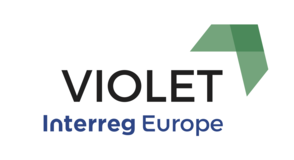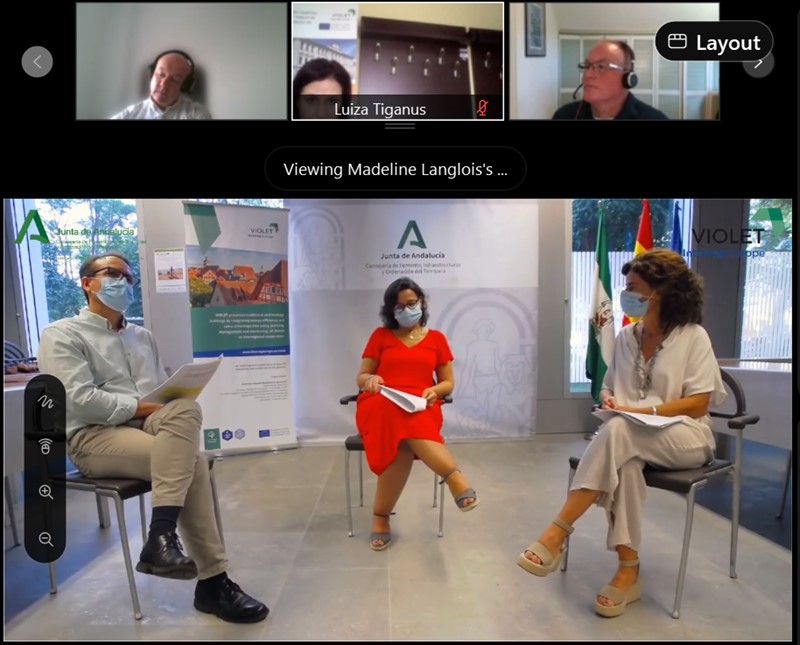After the voting of the House of Representatives, the Amendment of the Law on the Regulation of the Energy Efficiency of Buildings, has been officially published on the 13th of November 2020 in Cyprus.
One of the main changes of the new National Legislation refers directly to the energy performance of Heritage Buildings, as a result of the local activities within the framework of VIOLET. More specifically these changes include the following:
[a] Buildings that have been declared as listed buildings or as ancient monuments cease to be exempted from the obligation to have an Energy Performance Certificate (EPC), when sold or rented.
[b] Buildings that have been declared as listed buildings or as ancient monuments can be exempted from the minimum energy efficiency requirements only if their owners present the proposed energy upgrade interventions and supply adequate documentation for exemption, to the Competent Departments [to the Director of the Department of Town Planning and Housing, to the Director of the Department of Antiquities, or the Competent Local Authority]. – In the previous legislation, no documentation was needed for these buildings to get exemption, therefore, in most cases no energy upgrade measures were implemented.
With this amendment, the first Action [1] of Cyprus’ Action Plan within VIOLET’s framework, is completed. The second Action [2] ‘Issuance of Energy Performance Certificates for heritage buildings ’ is also completed; therefore the local activities are now concentrated around Action 3 and Action 4 which regard the Issuance of Guidebook for the energy upgrade of heritage buildings [3] and the Interdisciplinary Seminars [courses] for professional training [4].
For Action 3, CEA is mainly working internally writing the basic chapters of the Guidebook in order to finalise it within the first quarter of 2021. CEA aims to consult the relevant Departments and key-stakeholders [members of the local CoP], to ensure that the Guidebook will achieve maximum utility.
On the other hand, for Action 4, CEA has submitted the relevant seminar to the Human Resource Development Authority of Cyprus [HRDA] in order to establish co-funding and to attract more professionals of the field. CEA also appointed the instructors for the lectures which will have a duration of 3 days per cycle. Currently the application is under evaluation from the HRDA and upon their approval, the seminars will be implemented on the first semester of 2021 as a testbed.
Moreover, since May 2020, aspects of VIOLET (and VIOLET itself) are included in the National ‘Long-term renovation strategy’ for the energy upgrade and the decarbonisation of the existing building stock by 2050, under the section ‘Research and innovation in the field of energy efficiency of buildings” for aspiring future actions. This was also the result of coordinated efforts from Cyprus Energy Agency on the framework of the Interreg Europe project.
Finally, during the past few months, CEA participated to the call for proposals for the new EU programming period [2021 – 2027], coordinated by the Directorate General for European Programmes, Coordination and Development, with suggestions deriving from VIOLET. This is still an ongoing process; therefore, the final decisions are not yet known.











